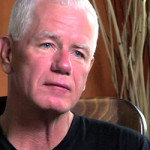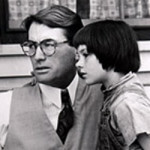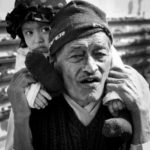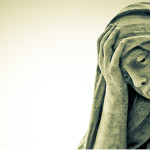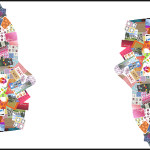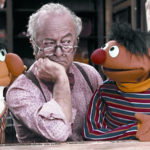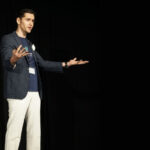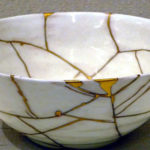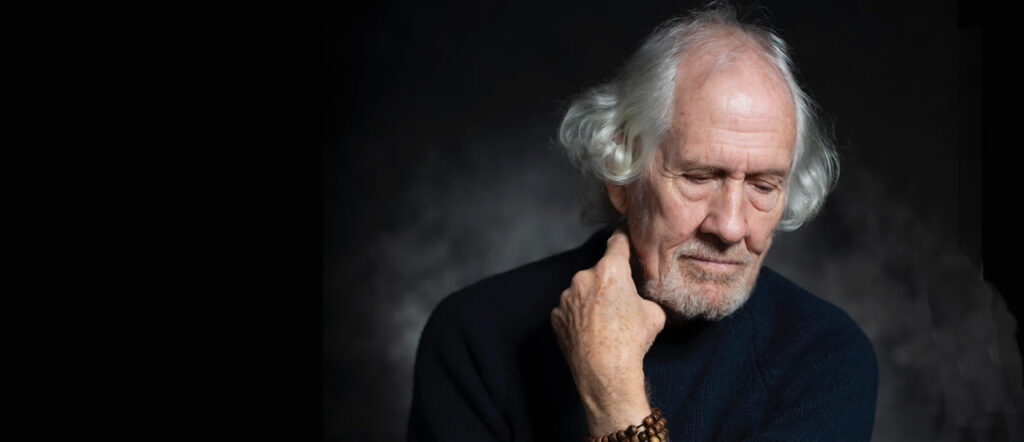
The following was a midweek revisit of an earlier Marginalian column (once called Brain Pickings). Enjoy!
Love,
Vicki
How to Keep Life from Becoming a Parody of Itself: Simone de Beauvoir on the Art of Growing Older
We live in a culture that dreads the entropic inevitability of growing older, treats it like a disease to be cured with potions and regimens, anesthetizes it with botox and silence, somehow forgetting that to grow old at all is a tremendous privilege — one withheld from the vast majority of humans populating the history of our young species (to say nothing of the infinite potential humans who never chanced into existing).
“For old people,” Ursula K. Le Guin wrote in her sublime meditation on aging and what beauty really means, “beauty doesn’t come free with the hormones, the way it does for the young… It has to do with who the person is.” Another way to say this, to feel it, is that to become a person worthy of old age is the triumph of life. Henry Miller, in his reflection upon turning eighty, located the triumph in remaining able to “fall in love again and again… forgive as well as forget… keep from growing sour, surly, bitter and cynical.” Grace Paley instructed in what remains the finest advice on the art of growing older: “The main thing is this — when you get up in the morning you must take your heart in your two hands. You must do this every morning.”
Life is largely a matter of how we hold ourselves — our hearts, our fears, our forgivenesses — along the procession of the years. Hardly anyone has furnished a more elegant and robust banister for the holding than Simone de Beauvoir (January 9, 1908–April 14, 1986) in her 1970 book La vieillesse, published in England as Old Age and in America as the characteristically cottoned The Coming of Age.
Two years before she came to consider how chance and choice converge to make us who we are. De Beauvoir observes that contemporary Western culture winces at old age as a “semi-death.” With an eye to the biological privilege of getting to grow old, she writes:
“Old age is not a necessary end to human life.“
[…]
A particular value has sometimes been given to old age for social or political reasons. For some individuals — women in ancient China, for instance — it has been a refuge against the harshness of life in adult years. Others, from a pessimistic general outlook on life, settle comfortably into it… The vast majority of mankind look upon the coming of old age with sorrow and rebellion. It fills them with more aversion than death itself.
And indeed, it is old age, rather than death, that is to be contrasted with life. Old age is life’s parody, whereas death transforms life into a destiny: in a way it preserves it by giving it the absolute dimension.
Only one thing can keep the final chapter of life from becoming a parody of itself. Growing old, she cautions, is not a project — not something one can endeavor to do industriously, to ace. It is a fact — something to be met on its own terms, something for which we spend our whole lives practicing as we learn to control for surrender.
She writes:
Growing, ripening, aging, dying — the passing of time is predestined, inevitable.
There is only one solution if old age is not to be an absurd parody of our former life, and that is to go on pursuing ends that give our existence a meaning — devotion to individuals, to groups or to causes, social, political, intellectual or creative work… In old age we should wish still to have passions strong enough to prevent us turning in on ourselves. One’s life has value so long as one attributes value to the life of others, by means of love, friendship, indignation, compassion.

